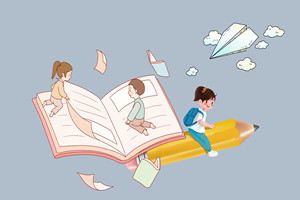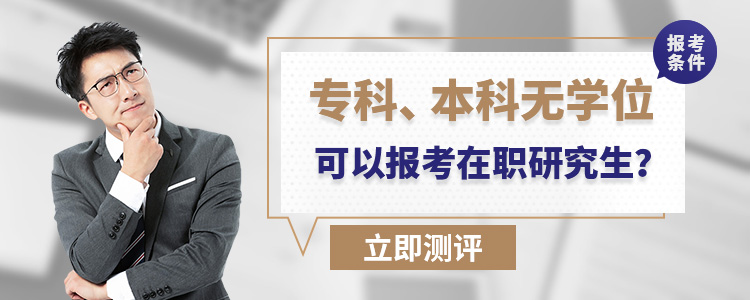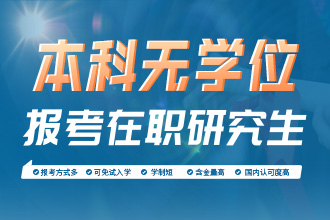同等學力英語每日一練2月12日
閱讀理解8
When we talk about intelligence, we do not mean the ability to get good scores on certain kinds of tests or even the ability to do well in school. By intelligence we mean a way of living and behaving, especially in a new or upsetting situation. If we want to test intelligence, we need to find out how a person acts instead of how much he knows what to do.
For instance, when in a new situation, an intelligent person thinks about the situation, not about himself or what might happen to him. He tries to find out all he can, and then he acts immediately and tries to do something about it. He probably isn't sure how it will all work out, but at least he tries. And, if he can't make things work out right, he doesn't feel ashamed that he failed; he just tries to learn from his mistakes. An intelligent person, even if he is very young, has a special outlook on life, a special feeling about life, and knows how he fits into it.
If you look at children, you'll see great difference between what we call “bright” children and “not-bright” children. They are actually two different kinds of people, not just the same kind with different amount of intelligence. For example, the bright child really wants to find out about life -- he tries to get in touch with everything around him. But, the unintelligent child keeps more to himself and his own dream-world; he seems to have a wall between him and life in general.
11. According to this passage, intelligence is ____.
A. the ability to know what to do
B. the ability to do well in school
C. the ability to deal with life
D. the ability to get high scores on some tests
12. In a new situation, an intelligent person ____.
A. knows more about what might happen to him
B. is sure of the result he will get
C. concentrates on what to do about the situation
D. cares more about himself
13. If an intelligent person failed, he would ____.
A. try not to feel ashamed
B. learn from his experiences
C. try to find all he could
D. make sure what result he would get
14. Bright children and not-bright children ____.
A. are two different types of children
B. are different mainly in their degree of cleverness
C. have difference only in their way of thinking
D. have different knowledge about the world
15. The author of this passage will probably continue to talk about ____.
A. how to determine what intelligence is
B. how education should be conducted
C. how to solve practical problems
D. how an unintelligent person should be taught
答案: B C B A B
特別聲明:①凡本網注明稿件來源為"原創"的,轉載必須注明"稿件來源:育路網",違者將依法追究責任;
②部分稿件來源于網絡,如有侵權,請聯系我們溝通解決。
- 上一篇:同等學力英語每日一練2月11日
- 下一篇:同等學力英語每日一練2月26日
一站式擇校服務!【免費領取】專業規劃&擇校方案

- 同等學力申碩需要考試嗎?
近些年來,攻讀在職研究生已經成為很多人提高自我的重要方法,我們都知道,非全日制研究生與全日制研究生一同考試,入學較難,因而同等學力申碩已經成為多數人的挑眩那么,...
0贊0評論2021-05-11 09:20:44





















評論0
“無需登錄,可直接評論...”